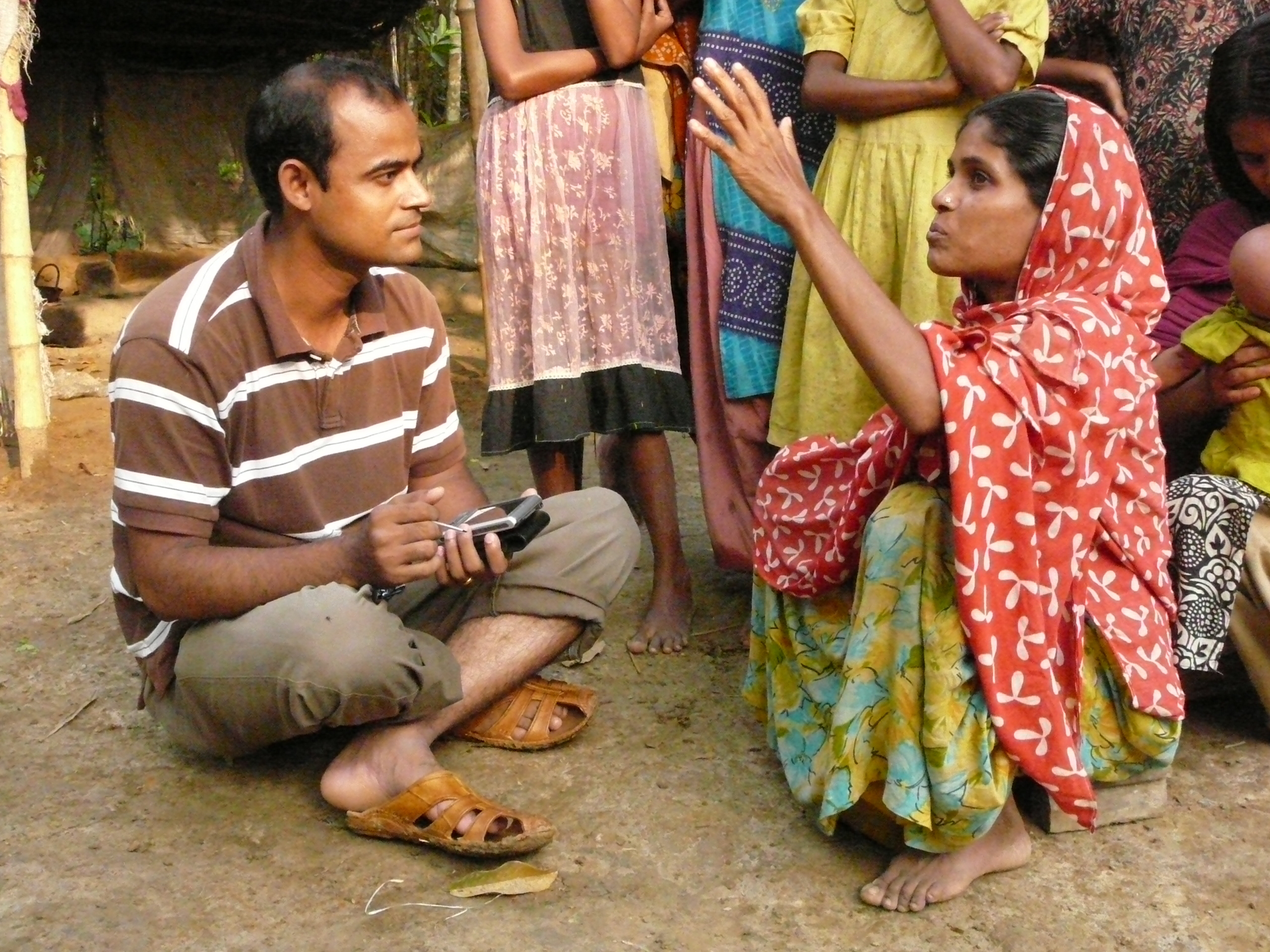We’re changing the way we fund innovation to tackle humanitarian problems in more depth

In 2017 and 2018, our innovation programme (the Humanitarian Innovation Fund (the HIF)) underwent a review period and strategy development. An external evaluation, undertaken by Triple Line, informed this new direction and helped shape our priorities for the future. We took this opportunity to review and reflect on our grant-making activities in particular – what has worked well, what’s worked less well, and what else we should be doing to give the innovations we support the best chance of achieving impact.
Since the HIF began in 2011, we have funded and supported a diverse portfolio of innovations – over 150 of all shapes and sizes; from menstrual hygiene to renewable energy, microinsurance to mobile technology. We have learned a lot, as has the community around us, but we know there is still more to do if humanitarian innovation is to have the impact it has the potential to. That’s why we’re making some changes. To address bigger and more complex problems, and as we advocate for things like better engagement with crisis affected populations, evidence based innovations, and stronger ethical considerations, we have to make changes to what, and how, we fund. As a result, we will be ending our ‘core grants’ style of funding, and redirecting our grant funding and support to our existing and new focus areas:
- Water, Sanitation and Hygiene;
- Gender-based Violence;
- Disability and Older Age Inclusion;
- Localisation.
Through our funded portfolio, we have generated strong evidence for the factors that make for successful innovation – this evidence can only be further strengthened by our work on these focus areas. Our work in these areas is informed by robust problem exploration (like our series of Gap Analyses) and supported by our impressive network of advisory groups, ensuring the innovations we fund address the most pressing problems people are facing and enable proven successful innovations to scale. We’re committed to driving the innovation agenda, and arming the humanitarian community with the knowledge of what works to improve outcomes for even more people caught up in crises.
We are extremely proud of all the innovations we have supported since 2011, and we look forward to supporting even more in the years to come.
If you have further queries please get in touch.
Photo Credit: World Vision
Stay updated
Sign up for our newsletter to receive regular updates on resources, news, and insights like this. Don’t miss out on important information that can help you stay informed and engaged.
Explore Elrha
Learn more about our mission, the organisations we support, and the resources we provide to drive research and innovation in humanitarian response.